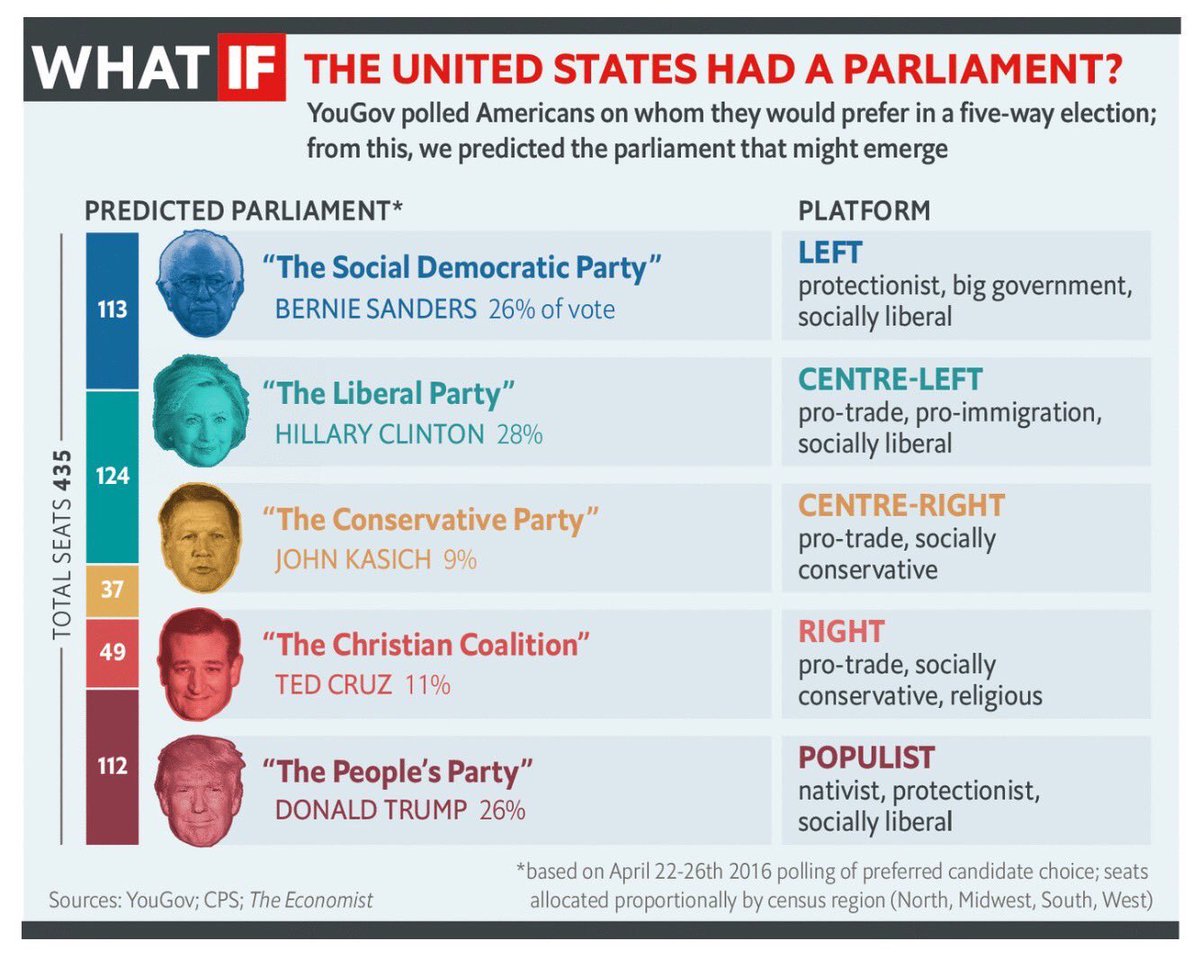
For the second year in a row, proportional representation was the topic of the second most read entry of the blogging year. For the seventh year of Crazy Eddie's Motie News, Vox explains how proportional representation can solve gerrymandering and help minor parties was the number two post. During the eighth year, that honor went to its sequel, Update to 'Vox explains how proportional representation can solve gerrymandering and help minor parties,' the second most read entry for the seventh year of Crazy Eddie's Motie News, plus minor parties, posted March 31, 2018, which earned 13,321 default and 13,601 raw page views by 11:59 P.M. EDT on March 20, 2019, placing it third on the all time list.
I will describe the history of how this post gained its status over the jump, but first I offer a case study of electoral reform involving proportional representation, a referendum in British Columbia, Canada held last November.
CBC News posted a series of videos to YouTube that explain the possible reforms as well as the issues surrounding them and the outcome of the election. I begin with Electoral reform referendum in B.C. | Power & Politics.
British Columbia is holding a referendum to determine whether the province should change voting from the current first-past-the-post system to a form of proportional representation.That made for a good overview of the issue, including contrasting how Canada handles drawing districts, which are called ridings in Canada, with how the U.S. does, which produces gerrymandering. It also shows which political parties in the province are on which sides of the issues.
The CBC uploaded more detailed explanations of the problems with the current system and how each of the alternatives would work. First past the post vs. proportional representation describes the advantages and disadvantages of first past the post, the current system in the U.S. and Canada, with those of proportional representation.
B.C. is hold[ing] a referendum on electoral reform. CBC's Justin McElroy explains the difference between the current system, first past the post, and proportional representation.Now answer questions about each of the proportional representation systems on the British Columbia ballot, beginning with What is dual member proportional?
Dual Member Proportional is one of the three proportional representation systems that British Columbians can choose from in the 2018 electoral reform referendum. CBC's Justin McElroy explains how it works.Next, What is mixed member proportional?
Mixed member proportional is one of the three proportional representation systems that British Columbians can choose from in the 2018 electoral reform referendum. CBC's Justin McElroy explains how it works.The explanations of the different proposed systems ended by asking What is rural-urban proportional?
Rural urban-proportional is one of the three proportional representation systems that British Columbians can choose from in the 2018 electoral reform referendum. CBC's Justin McElroy explains how it works.Ultimately, none of these systems ended up being adopted, as B.C. voted to keep first-past-the-post electoral system.
British Columbia will...keep its first-past-the-post system for provincial elections, after 61.3 per cent of those who voted in a referendum rejected proportional representation.So much for this attempt to reform elections in North America by replacing first past the post with proportional representation. Still, the people have spoken, so first past the post remains, at least for now. That written, I expect the idea will be proposed again. Who knows, it might even be adopted.
As I wrote above, follow over the jump for how Update to 'Vox explains how proportional representation can solve gerrymandering and help minor parties,' the second most read entry for the seventh year of Crazy Eddie's Motie News, plus minor parties earned its page views plus the story of how a post about hacking voting machines became a top ten entry.

Update to 'Vox explains how proportional representation can solve gerrymandering and help minor parties,' the second most read entry for the seventh year of Crazy Eddie's Motie News, plus minor parties had 80 raw page views before being shared at the Join The Coffee Party Movement Facebook page at 9:00 P.M on April 3, 2018. It earned ~3500 page views in the first two hours and ~11,000 page views in the first 24 hours after being shared. By the end of the day the entry was shared, it helped attract 2510 page views the hour it was shared and helped the blog earn 14,293 page views to the blog the day it was shared. As I result, it zoomed past Update to 'Suit against John Oliver and HBO dismissed,' top post for the seventh year of Crazy Eddie's Motie News, knocking it out of the all-time top ten after only three days. Sic transit gloria mundi. It then raced ahead of Trump thinks Sanders is the right enemy and The tax bill and the U.S. economy in 2018 and beyond with 7093 page views between 1 A.M. and 7 A.M. to become 8th. At 7:05 A.M., it climbed over John Oliver on stadiums and NFL cheerleaders for Super Bowl Sunday to rank 7th. Between 8 and 9 A.M., it passed Last Week Tonight examines Clinton and Trump foundations after winning three Emmy Awards to earn 6th. Between 9 A.M. and 10 A.M., it pulled ahead of both Spring ahead, although it's probably not good for you and Vox on Puerto Rico statehood and John Oliver on territories to reach 4th. About 4:00 P.M., it passed Doctors to Congress: Fund gun violence research at the CDC and NIH to land in 3rd all-time with more than 11,000 page views. It surpassed its prequel Vox explains how proportional representation can solve gerrymandering and help minor parties during the evening of the 6th to become the second most read entry in the history of the blog. It stayed there for two days before Facebook knows your political affiliation and much more displaced it, making it now the third most read entry of all time, the second most read entry of April 2018, and the second most read entry of the eighth year of this blog.

The eighth most read entry of the eighth year of the blog was Vox and ProPublica rickroll America's old voting machines posted March 30, 2018, which earned 6066 raw page views by 11:59 P.M. EDT on March 20, 2019. It had 102 raw page views before being shared at the Join The Coffee Party Movement Facebook page at 10:00 P.M on 4/1/18. It earned ~2500 page views in the first two hours and 5452 page views in the first 24 hours after being shared. Combined with Update to 'Suit against John Oliver and HBO dismissed,' top post for the seventh year of Crazy Eddie's Motie News, it helped attract 2,675 page views to the blog the hour it was shared and 11,987 page views the day it was shared. The entry ended April 2019 with 5809 default page views and maxed out at 5881 default and 5941 raw raw page views on April 26, 2018. It was also the most replied to on Twitter during August 2018 with 2 responses.
I plan on resuming this series on April 4th with a retrospective about the most read entries covering media bias. In the meantime, stay tuned for this year's celebration of Earth Hour.
Previous posts in this series
- Happy Birthday to the blog and Nowruz Mubarak (Happy Persian New Year)!
- Statistics for the eighth year of Crazy Eddie's Motie News
- 'Frontline' updates 'Facebook knows your political affiliation and much more,' the top post of the eighth year of Crazy Eddie's Motie News
- Minor parties for the sixth year of Crazy Eddie's Motie News
- Update to 'Vox explains how proportional representation can solve gerrymandering and help minor parties,' the second most read entry for the seventh year of Crazy Eddie's Motie News, plus minor parties
No comments:
Post a Comment